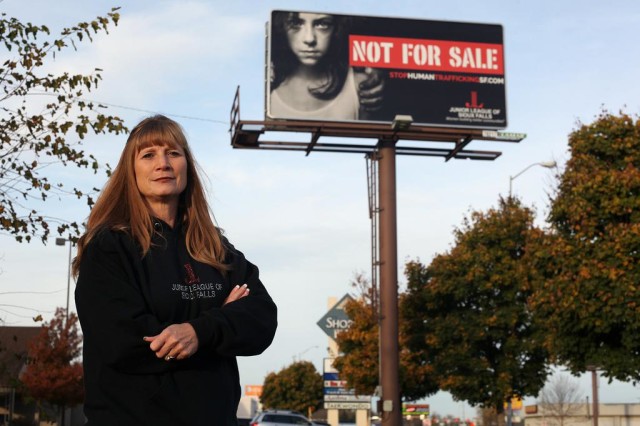Society is quickly outraged by reports that peacekeepers or aid workers have sexually exploited children in areas of conflict or developing regions. This year, reports surfaced that peacekeepers in the Central African Republic elicited sex acts with young boys in exchange for food. Unfortunately, this scenario is not new. A 1996 study from the UN Secretary-General stated:
Children may also become victims of prostitution following the arrival of peacekeeping forces. In Mozambique, after the signing of the peace treaty in 1992, soldiers of the United Nations Operation in Mozambique (ONUMOZ) recruited girls aged 12 to 18 years into prostitution. After a commission of inquiry confirmed the allegations, the soldiers implicated were sent home. In 6 out of 12 country studies on sexual exploitation of children in situations of armed conflict …, the arrival of peacekeeping troops has been associated with a rapid rise in child prostitution.
When peacekeepers instruct hungry children living in war-torn countries, to perform sexual acts in order to receive life necessities, this resonates with many readers in America as patently exploitative and abusive. In fact, should such an exchange – sex with a minor for life necessities – occur in the United States, this commercial sexual exploitation by a buyer could amount to sex trafficking, under federal law and the sex trafficking law in 41 states and the District of Columbia.[1] Appropriately including the purchase of sex with a minor within sex trafficking definitions reflects the seriousness of this exploitative conduct.
Nonetheless, outrage like that expressed in response to peackeepers’ abuse, does not similarly resound when adults exchange life necessities for sex with minors in the United States. Instead, domestic children induced to perform a sexual act in exchange for food or transportation, or maybe as a form of “rent,” are often blamed for their own victimization. In fact, in 36 states, commercially sexually exploited children may be prosecuted for prostitution and are stigmatized as “prostitutes.” Why is moral or criminal fault assigned to a child who is sexually exploited, sometimes in order to survive?
In these scenarios, the buyer is the manipulator and offender, not the youth. In fact, in instances of sex trafficking, the buyer is the indispensable perpetrator, even more so than a possible trafficker. Without the buyer, there would be no commercial sexual exploitation, at all. However, sex trafficking often is still viewed as requiring a “pimp” or trafficker who controls the child victim. Accordingly, the sex trafficking laws in 14 states, unfortunately, do not accurately reflect the central role of the buyer-perpetrator; these states require the presence of a trafficker or third party control over minor victims.[2] A policy paper by Shared Hope, Eliminating the Third Party Control Barrier to Identifying Juvenile Sex Trafficking Victims, discusses social misperceptions and legal inconsistencies that result from misunderstanding the buyer’s central role and requiring that a trafficker be named. One devastating effect is that many juvenile sex trafficking victims are not identified, nor provided much needed services.
Buyers who prey on vulnerable children by withholding life necessities in exchange for sex should be held accountable. This conduct needs to be understood as the manipulation and exploitation that it is and included within sex trafficking definitions.
——————————————————————————–
[1] Statistic based on laws enacted as of August 1, 2014.
[2] Statistic based on laws enacted as of August 1, 2014.







